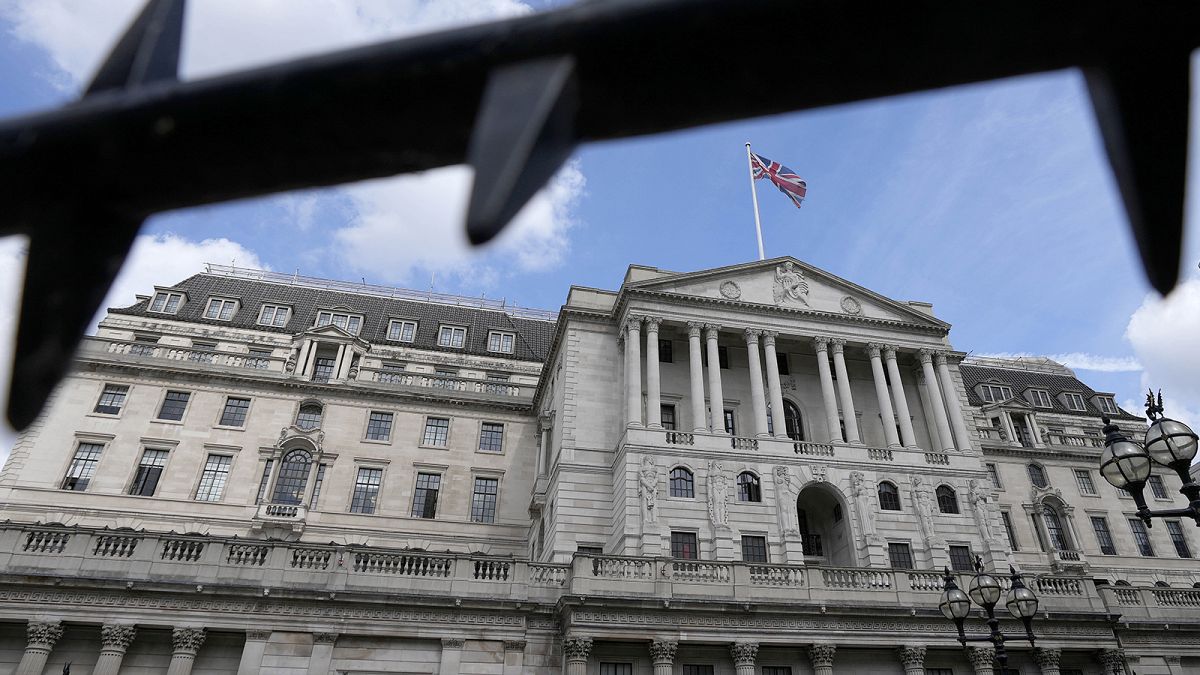The country's central bank also announced the biggest interest rate hike in over 27 years in an attempt to curb the economic fallout caused by the war in Ukraine.
The United Kingdom's economy is to enter a recession at the end of the year, the Bank of England projected on Thursday.
It also hiked interest rates by the largest amount in more than 27 years in an attempt to slow down the accelerating inflation driven by the fallout from Russia's invasion of Ukraine.
The rise of three-quarters of a point pushes the bank's key interest rate to 1.75% -- the highest since the depths of the global financial crisis in December 2008.
Most economists expected the hike after Governor Andrew Bailey said two weeks ago that the United Kingdom's central bank would "act forcefully" if the inflation picture worsened.
And worsen it will. Inflation will accelerate to over 13% in the final three months of the year and remain "very elevated" for much of 2023, the bank said. The forecast reflects a sharp increase from the 40-year high of 9.4% recorded in June.
The bank's forecasters say inflation will hit its highest point for more than 42 years amid the doubling of wholesale natural gas prices tied to the war. Those energy prices will push the economy into a five-quarter recession — with gross domestic product shrinking each quarter in 2023.
"Growth thereafter is very weak by historical standards," the bank said.
The landscape is especially complicated for central banks because many of the factors driving inflation are beyond their control, particularly food and energy prices that have soared due to uncertainty surrounding Russia's invasion.
But those external pressures are now becoming embedded in the UK economy, with public and private sector workers demanding wage increases to prevent inflation from eroding their living standards.
"This explains why at the MPC's last meeting we adopted language which made clear that if we see signs of greater persistence of inflation, and price and wage setting would be such signs, we will have to act forcefully," Bailey said in a speech last month.
The last time the UK approved a similar rate increase was December 1994, when interest rate decisions were still made by the government's treasury chief in consultation with the central bank governor.
The Bank of England predicted that inflation will reach over 13% in the final three months of the year and remain "very elevated" for much of 2023.
But even with all the pressure for a big increase in interest rates, some economists think the Bank of England will remain cautious as it seeks to protect economic growth.


